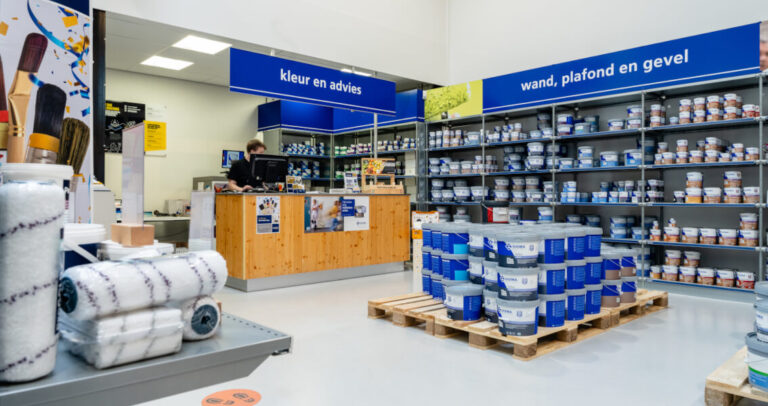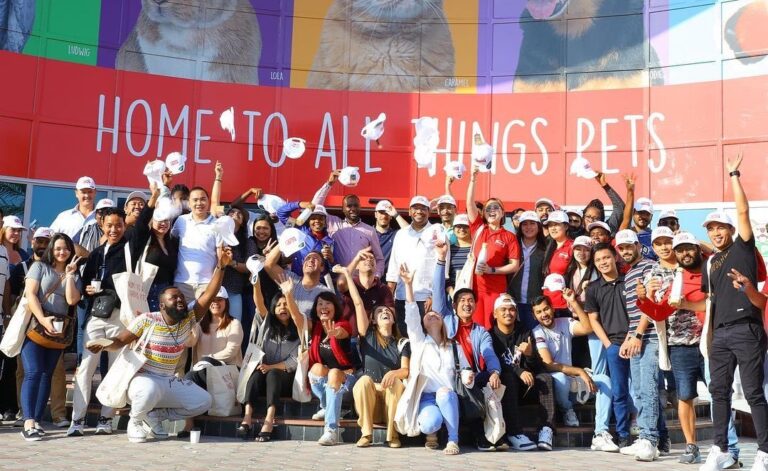January 4th, 2018
Fabian Viel and Pascal van den Berg, two Material Managers at Nooteboom, a Dutch manufacturer of trailers for heavy road transport. We asked them to describe an average working day, their main tasks, their experience with Slim4 and their aspirations for the future.
What is your role?
Fabian: “As Material Managers, we are responsible for optimising planning and ensuring that the whole procurement process is as efficient as possible. As part of this role, we both co-ordinate a portfolio of suppliers with which we place orders. Our main focus is to streamline the supply chain of raw materials and spare parts.
Pascal: “Based on the bill of materials of a new trailer, we review each new component and decide which supplier fits best. Our decision is based on a range of factors including product quality, standard lead times and the processes in place. Our aim is to prevent future issues, minimise product defects and shortages that can ultimately disrupt production. “
What is your ambition for the future?
Pascal: “My challenge is to get to know Slim4 better and to find new ways to optimise the purchasing processes. I have no doubt that achieving this goal will make for an exciting job for years to come.”
Fabian: “The same goes for me: this is my first job so I have a lot to learn here. With regards to Slim4, I want to learn as much as possible as I have no doubt it will provide great potential in the future. My ultimate ambition is to work for a year in China. As part of my study, I’ve already spent half a year in the country and that made a big impression on me.”
What does a typical working day look like?
Fabian: “We have a total of 190,000 different part numbers divided across several categories. The diversity and volume of our article base is too large to evaluate on a daily basis. For this reason, we have to spread it out over several weekdays, with selections based on supplier or product type. On Tuesdays and Thursdays for example, we order tyres, on Friday we order hydraulic spare parts and so on. The advantage of having such a strict weekly schedule in place is that it brings peace to the rest of our organisation as well as to our suppliers. Internally, we can align our own processes while suppliers can better manage their own manufacturing plans.””We always start the day by exporting the production orders from our Microsoft Dynamics NAV ERP system, to our supply chain planning system, Slim4. From there, the purchase advice for that day’s group of articles are calculated, taking into account service levels, order quantity discounts, lead times and consolidation of future demand.”
Pascal: “It’s then our task to check the order advice from Slim4. The goal is to minimise this workload by incorporating automated business rules. For example, Slim4 automatically checks if there are any end-of-life products among the orders, or more non-stock items to be ordered than what is strictly necessary for production.
“In addition to this, we are also responsible for managing rush orders and resolving delivery problems. Both our ERP system and Slim4 alert us to these issues. “
What does a typical working day look like?
Fabian: “We have a total of 190,000 different part numbers divided across several categories. The diversity and volume of our article base is too large to evaluate on a daily basis. For this reason, we have to spread it out over several weekdays, with selections based on supplier or product type. On Tuesdays and Thursdays for example, we order tyres, on Friday we order hydraulic spare parts and so on. The advantage of having such a strict weekly schedule in place is that it brings peace to the rest of our organisation as well as to our suppliers. Internally, we can align our own processes while suppliers can better manage their own manufacturing plans.””We always start the day by exporting the production orders from our Microsoft Dynamics NAV ERP system, to our supply chain planning system, Slim4. From there, the purchase advice for that day’s group of articles are calculated, taking into account service levels, order quantity discounts, lead times and consolidation of future demand.”
Pascal: “It’s then our task to check the order advice from Slim4. The goal is to minimise this workload by incorporating automated business rules. For example, Slim4 automatically checks if there are any end-of-life products among the orders, or more non-stock items to be ordered than what is strictly necessary for production.
“In addition to this, we are also responsible for managing rush orders and resolving delivery problems. Both our ERP system and Slim4 alert us to these issues. “



